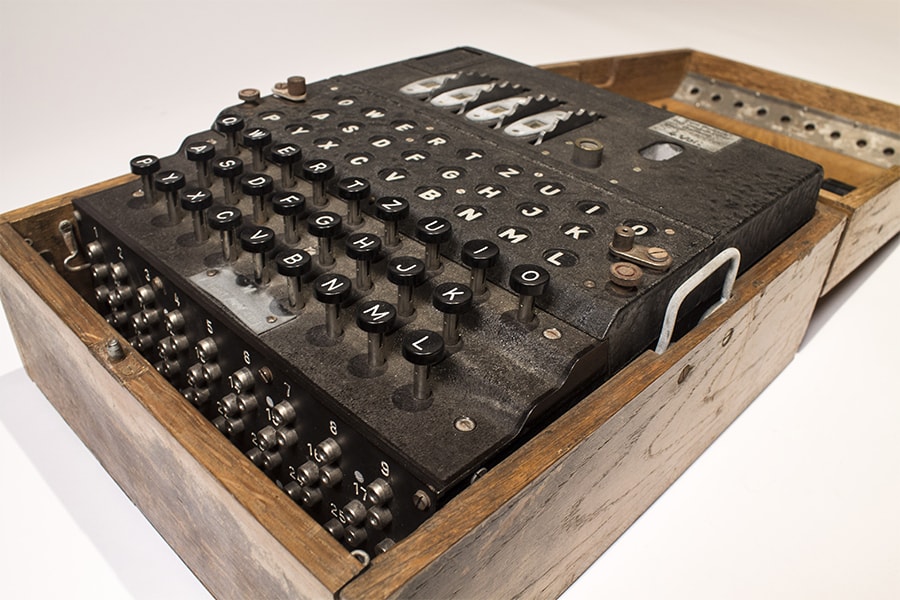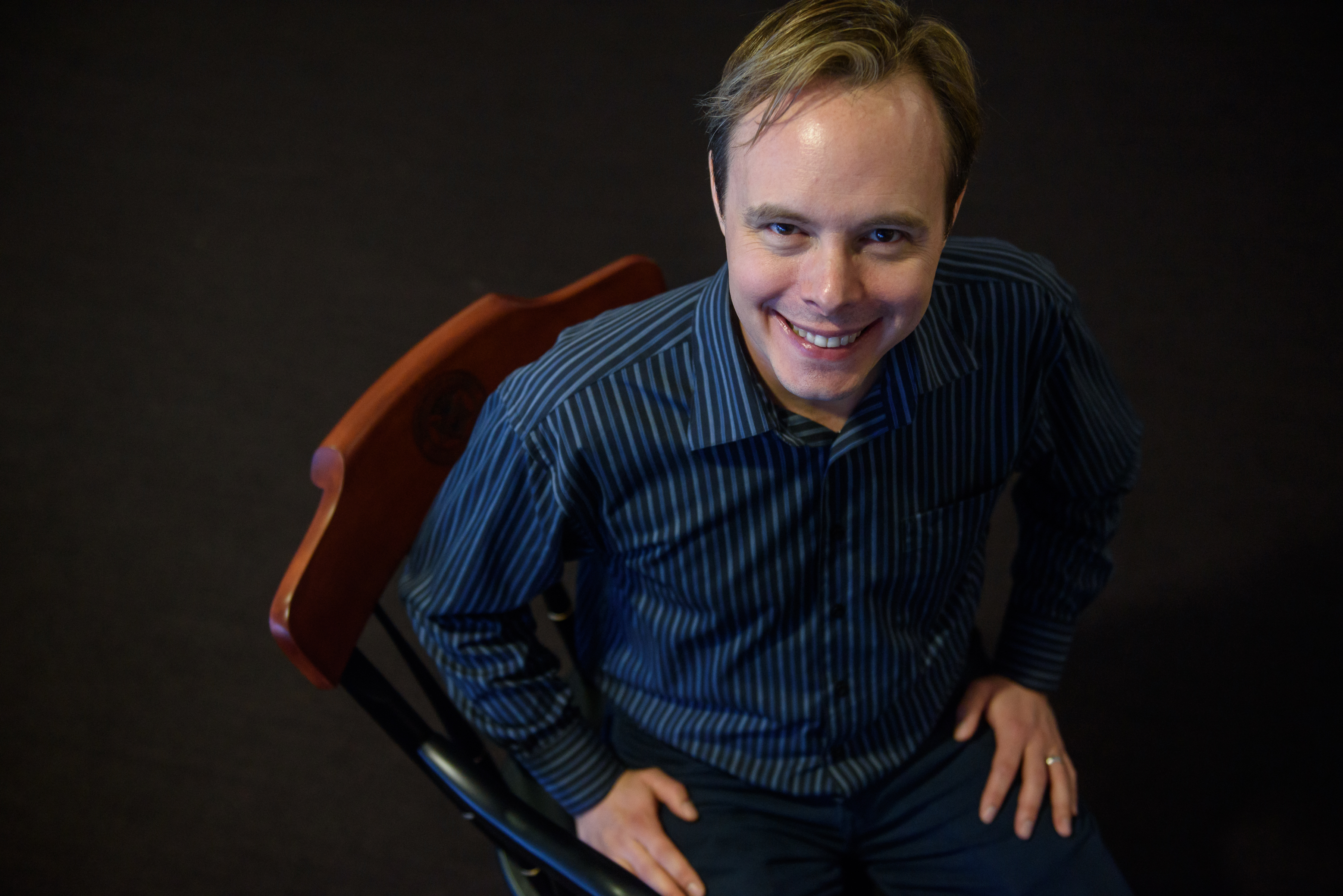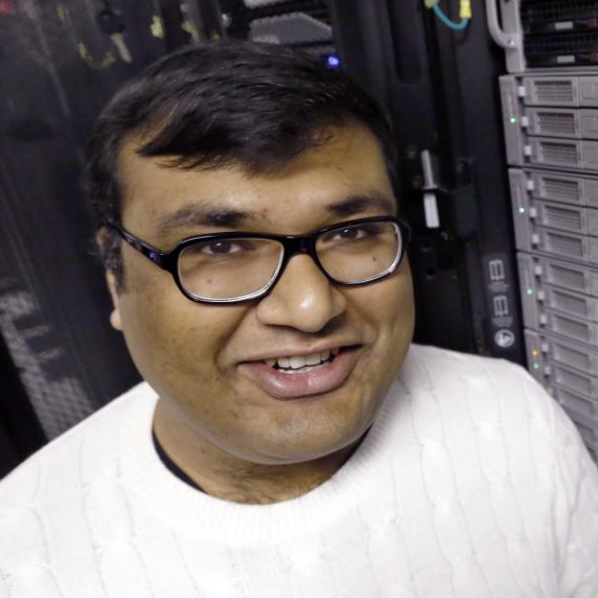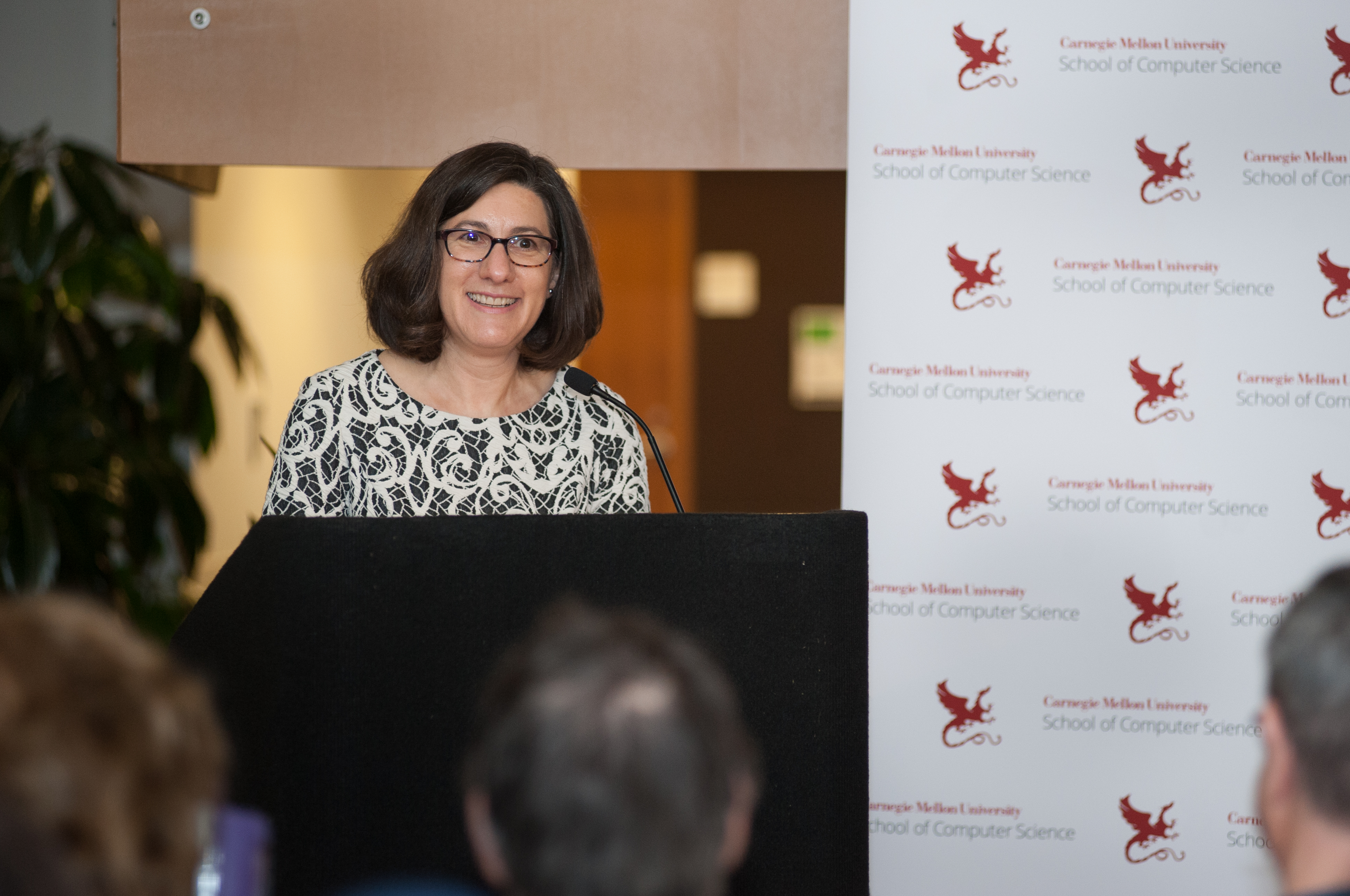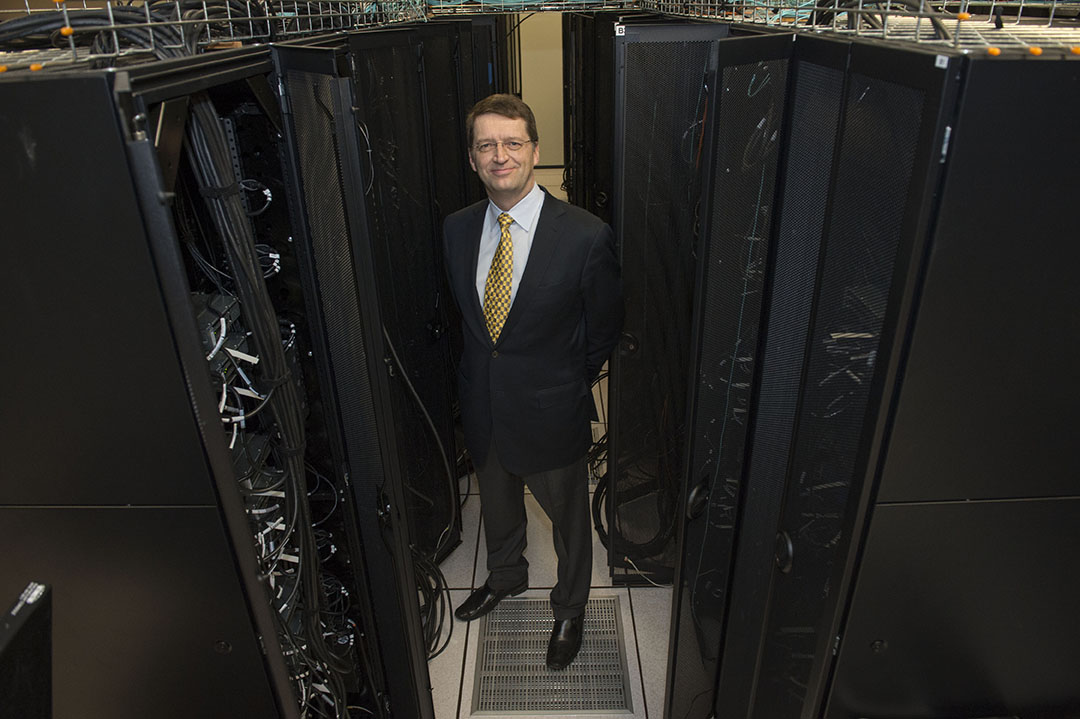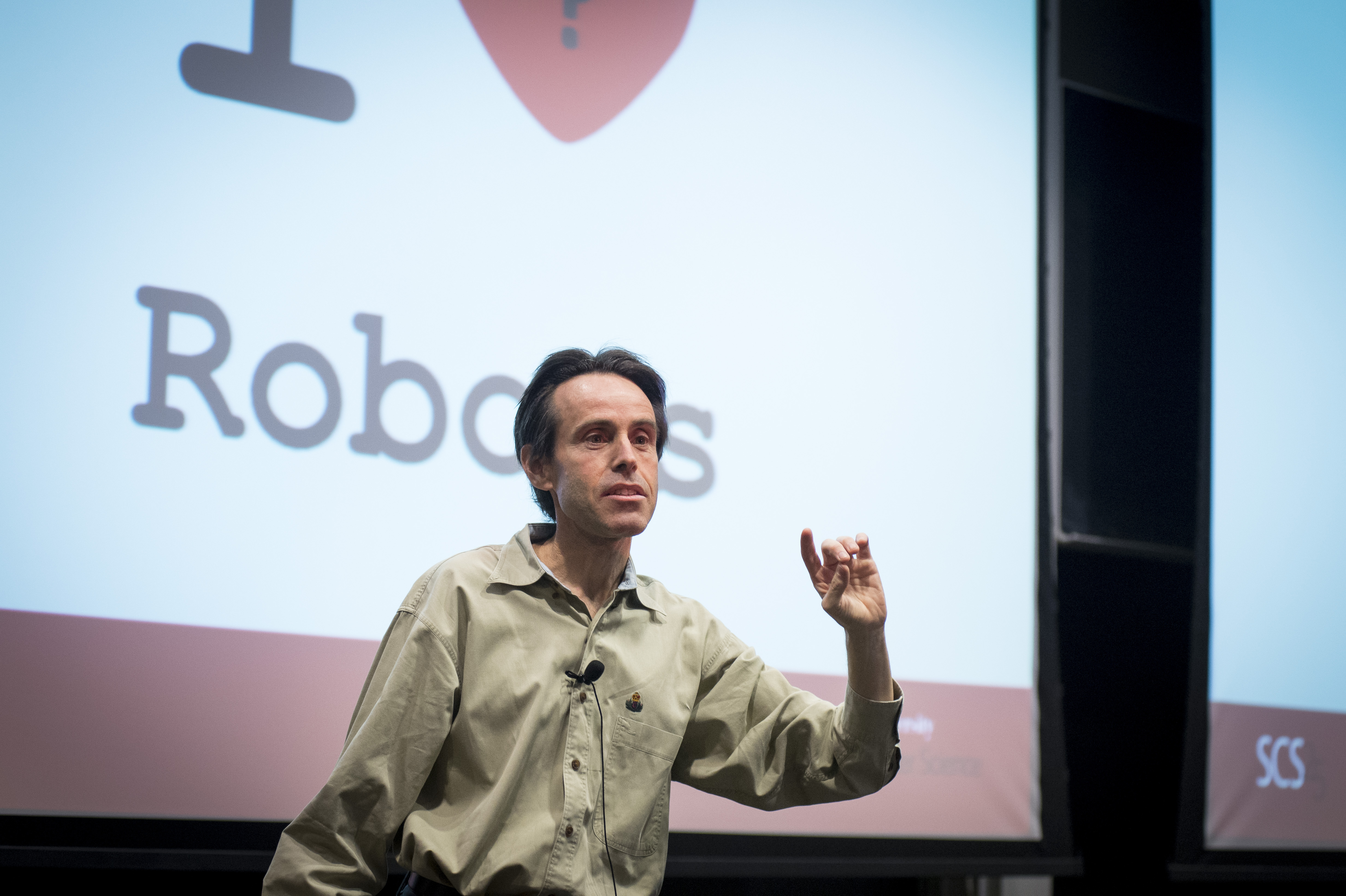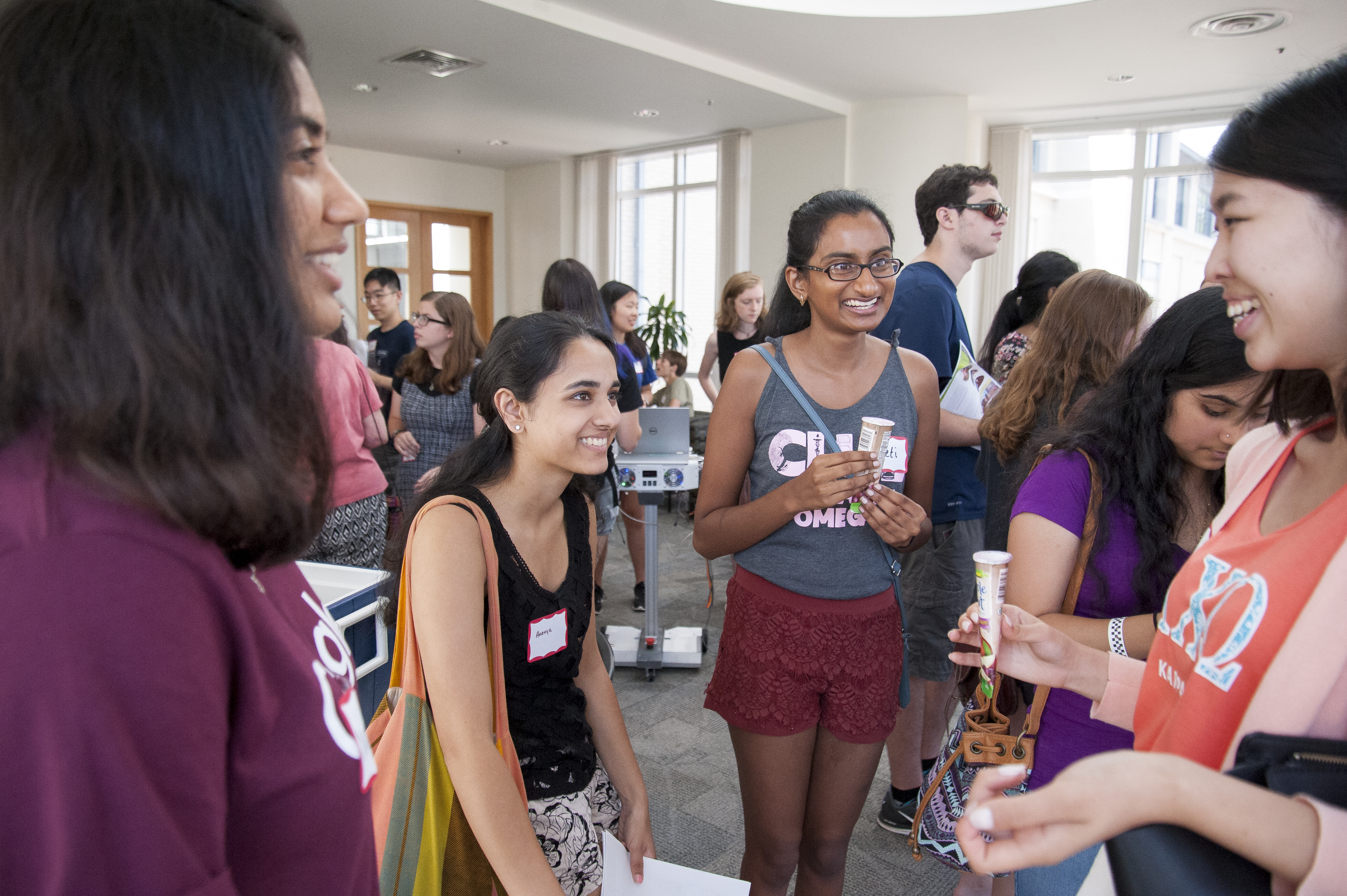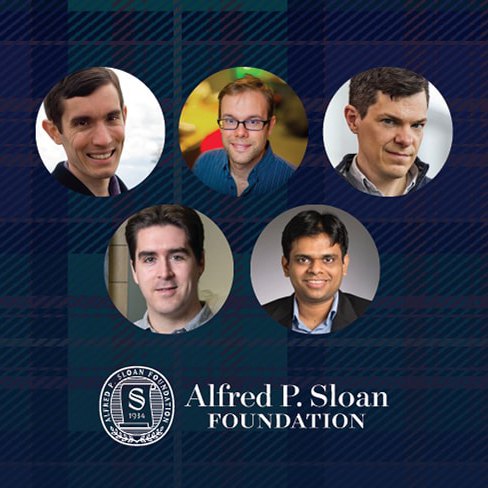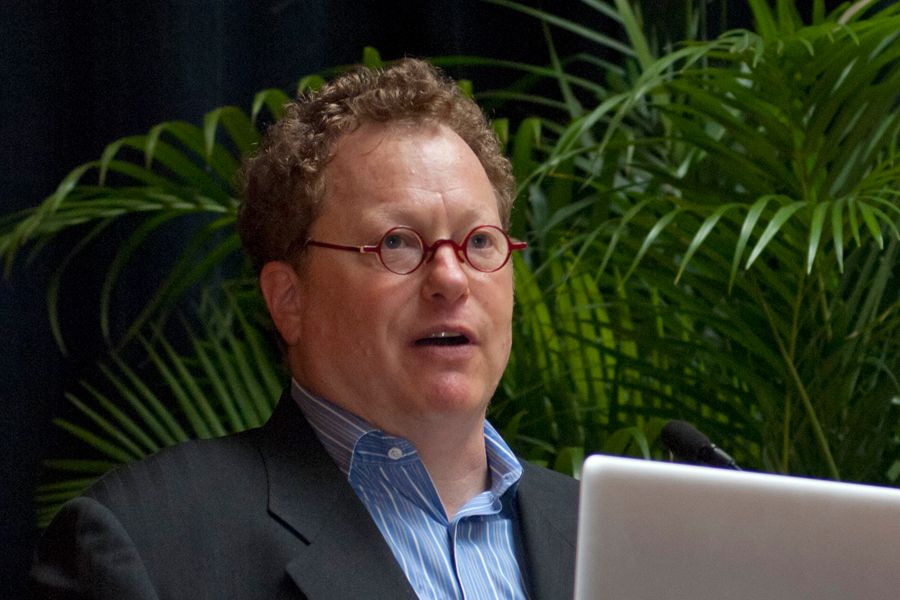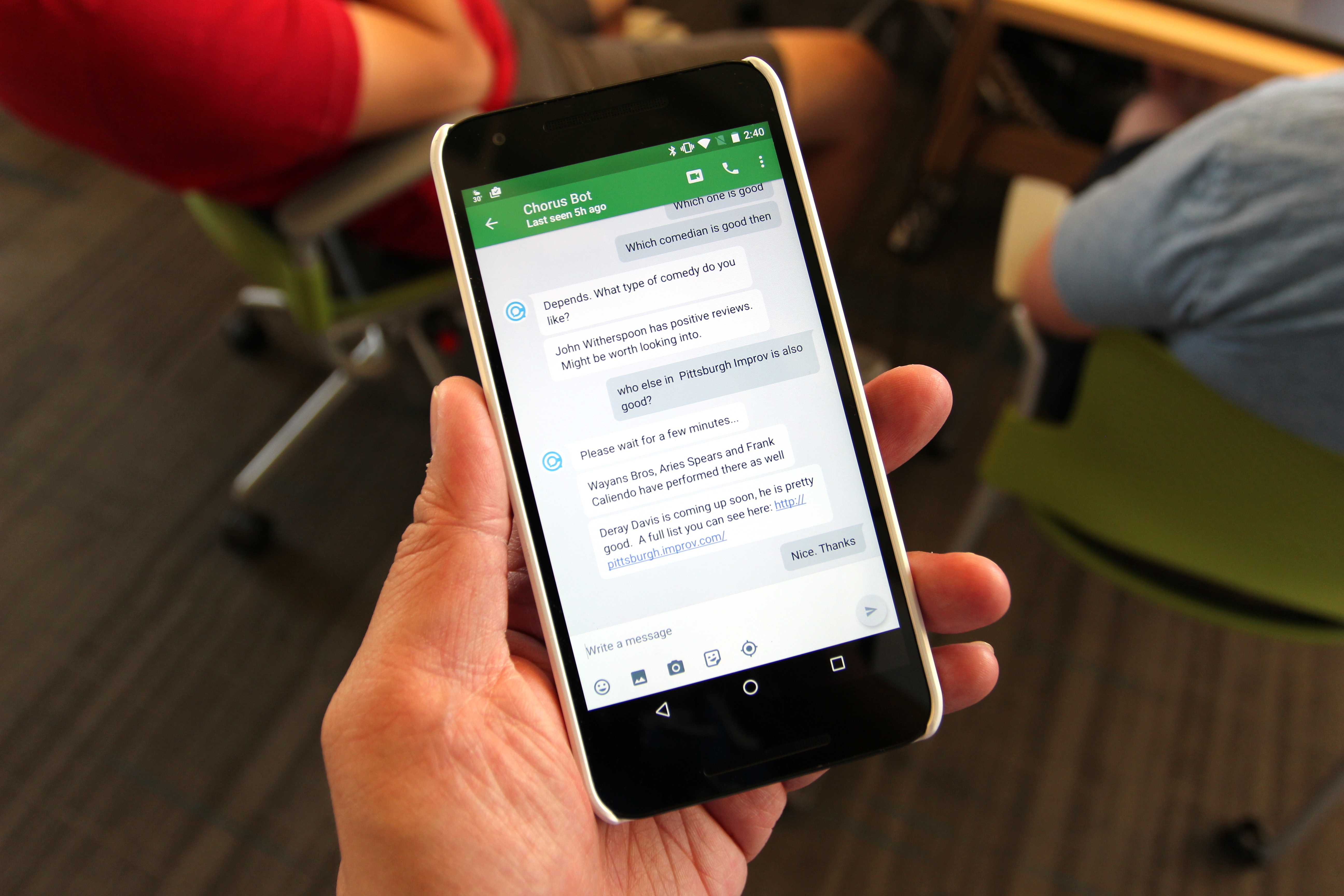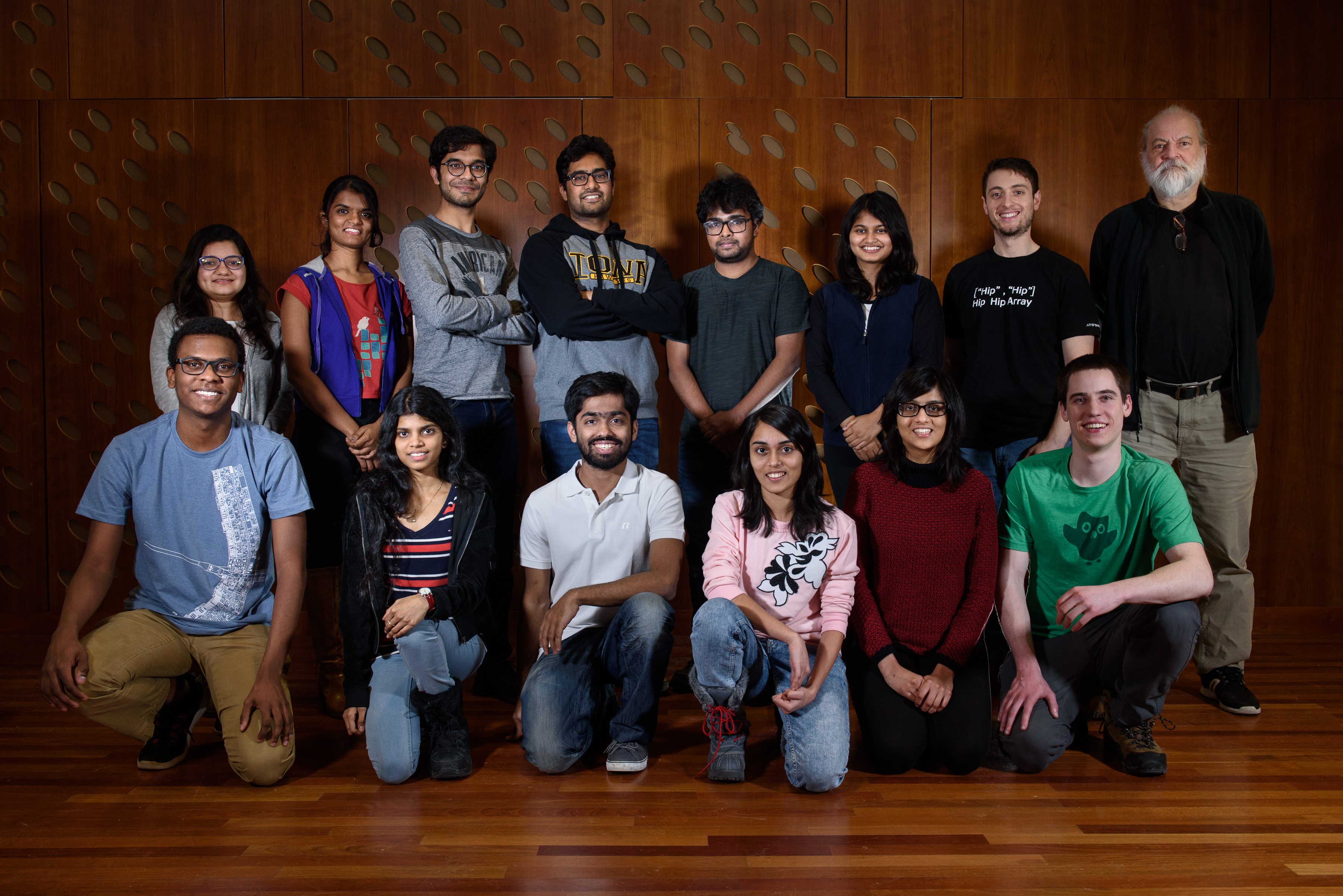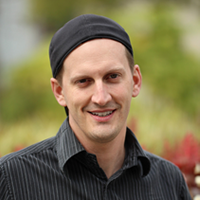Enigma Machines Among Computing Gems Added to University Libraries Collection
Crucial World War II encryption devices have found a home at the Carnegie Mellon University Libraries thanks to the generosity of author Pamela McCorduck, wife of late Computer Science Department Head Joseph Traub.Totaling more than 50 calculating machines, letters and books, the collection contains important items in the history of computing. Included are two Enigma machines, electro-mechanical rotor cipher machines used to encrypt communication. Most notably, they were used by Nazi Germany to protect military communication during World War II. With this gift, which includes one four-rotor machine and one three-rotor machine, CMU becomes one of only a handful of American institutions to own an Enigma machine.The items from the Traub-McCorduck Collection will be added to the University Libraries Special Collections. The University Archives contains the papers of Traub and McCorduck, as well as Allen Newell and Herb Simon, who worked alongside Traub in the department.A pioneering computer scientist who led Carnegie Mellon's Computer Science Department during a crucial period in its history, Traub, who died in 2015, went on to found the computer science department at Columbia University. McCorduck is an author of influential books on artificial intelligence. Andrew Moore, dean of the School of Computer Science, said the collection will serve as inspiration for a new generation of computer scientists."It's exciting that these artifacts tracing the early history of computation are now here at Carnegie Mellon, where the history of computer science continues to be written every day," Moore said. "Joe Traub was a great educator, so it's only fitting that our students will be studying and be inspired by these devices for years to come."Read the full story on CMU's News page. To learn more about how the Enigma machine worked, watch this episode of Crash Course Computer Science (at the 2:30 mark), written by SCS faculty members Amy Ogan and Chris Harrison.

